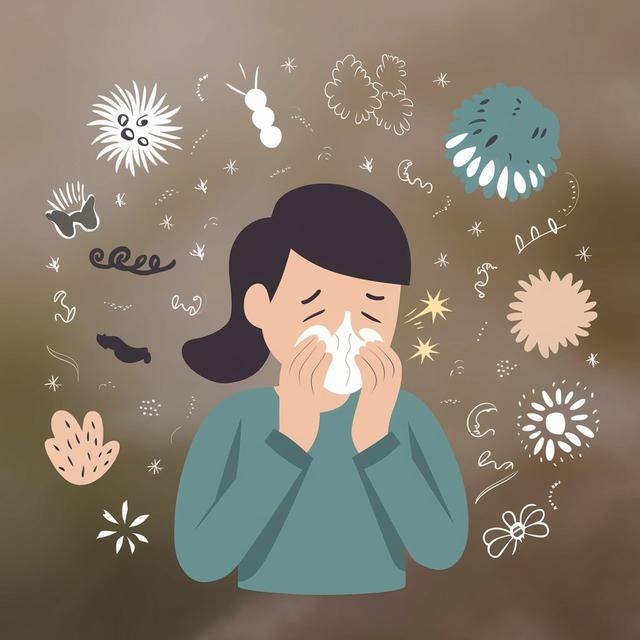Why Can't I Sleep?
BY WISH2DAYS
We're using many books,many meeting to many people to get their knowledge and experience.
Sleep is essential for overall health and well-being, but many people struggle with falling asleep or staying asleep. This issue, known as insomnia, can be caused by a variety of factors, including stress, lifestyle habits, and underlying medical conditions.
Understanding the root causes of sleep disturbances is crucial for finding effective solutions. By identifying and addressing these factors, individuals can improve their sleep quality and overall health.






